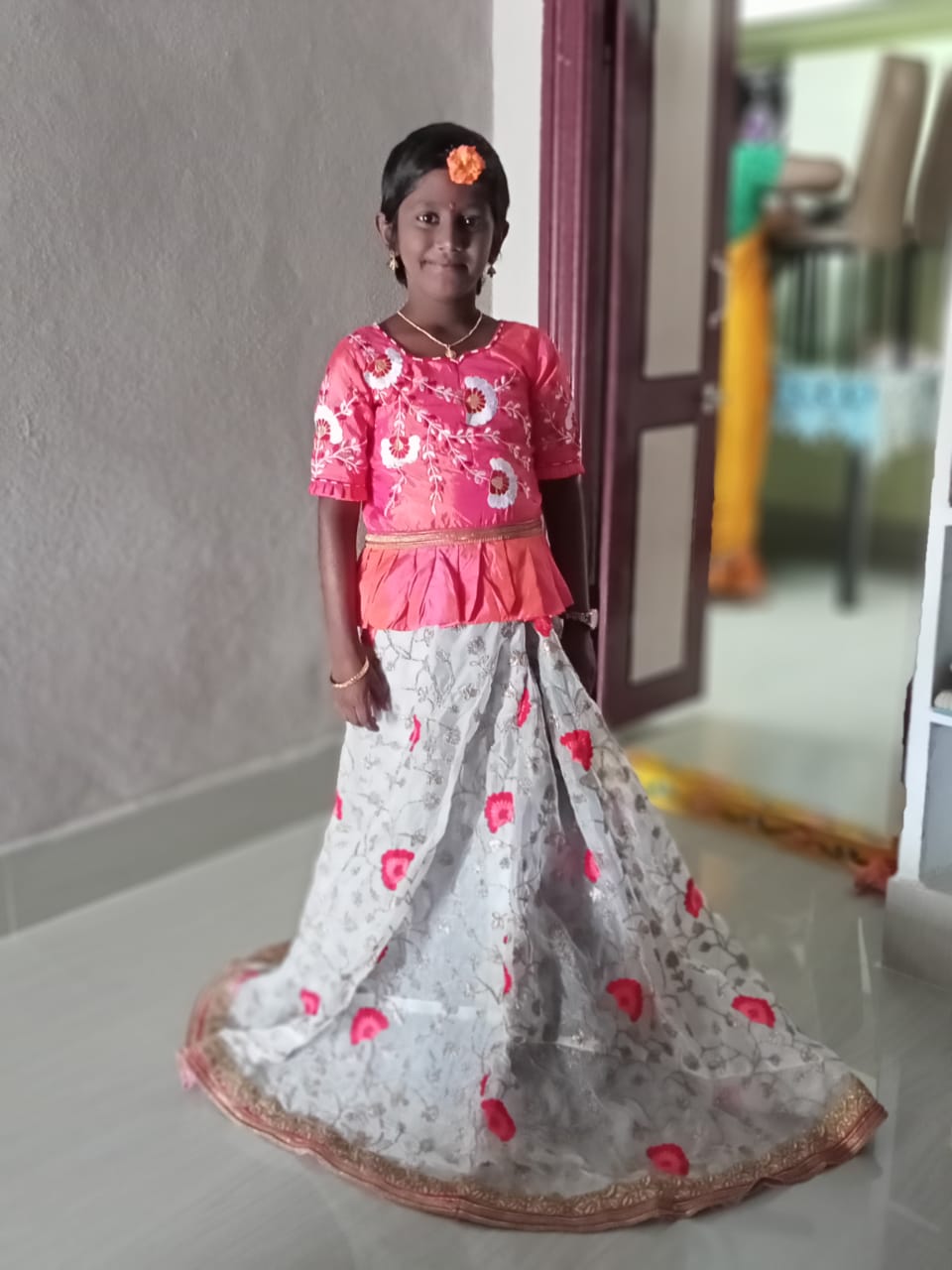8-year-old girl child with “end-stage” liver cirrhosis gets new lease of life at Gleneagles Global Hospitals

- Both the Child and her ‘donor’ Mother were Covid-19 +ve before undergoing liver transplant surgery
An 8-year-old girl child was admitted to the Gleneagles Global Hospitals in mid-October with end-stage liver cirrhosis problem coupled with deep jaundice and abdominal distension, making her case a complex one. Compatibility assessment was done, and it was found that her mother’s liver would suit the child; however, prior to the transplant surgery, the child was found to be Covid-19 +ve. While the child was treated with optimal medication, her ‘donor’ mother turned Covid-19 +ve, further delaying the transplant procedure. Dr. K.N. Chandan Kumar, Senior Consultant Hepatologist and Dr Prashanth Bachina, Hepatologist & Pediatric liver Transplant Physician of Gleneagles Global Hospitals treated this case with utmost expertise and experience.
Commenting on the challenges, Dr. K.N. Chandan Kumar, Senior Consultant Hepatologist, Gleneagles Global Hospitals, who performed the transplant surgery said, “While Covid-19 disrupted healthcare machinery around the world, most challenging was to continue to perform resource-intense and challenging procedures like liver transplant surgeries. In this case, the team of experts at the Gleneagles Global Hospitals stayed extra vigilant to ensure first the child, followed by her mother recover to pink of their healthy, before performing the transplant. It was a month-long ordeal for the family who were kept in perfect quarantine to ensure their recovery is well.”
“Along with right medication, two consecutive Covid-19 PCR tests by nasopharyngeal swab and HRCT chest test were conducted on the child, while HRCT chest test on the donor. Once it was ascertained that there is significant percentage of antibodies and all inflammatory markers are negative in both recipient and the donor, the surgery was conducted successfully. Now, four weeks after the transplant, both child and her mother are doing fine, and the child is on a periodic follow-up,” added Dr. K.N. Chandan Kumar.
